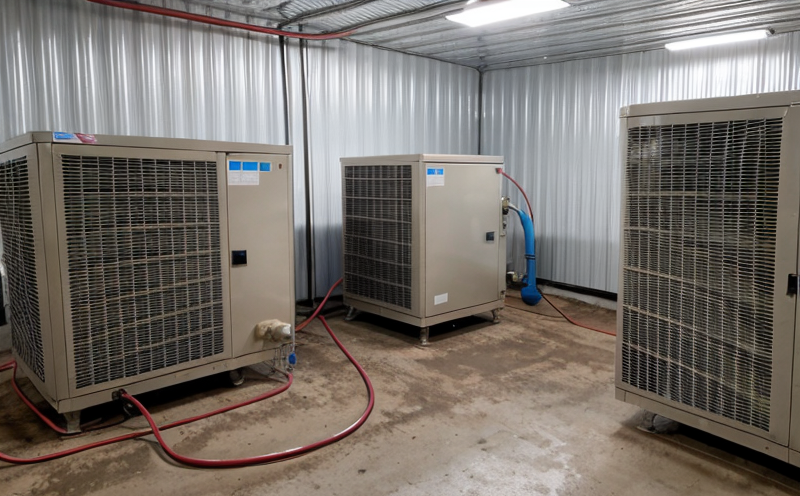Chiller unit inspection
Chillers are a critical component in HVAC and ventilation systems, responsible for maintaining precise temperature control. Ensuring that chillers operate efficiently not only enhances the comfort of occupants but also contributes significantly to energy efficiency and environmental sustainability. Regular inspections play a pivotal role in preventing potential failures, optimizing performance, and extending the lifespan of these essential systems.
The inspection process involves a comprehensive evaluation of various components including the compressor, heat exchangers, condenser, evaporator, and control systems. This includes checking for leaks, verifying refrigerant levels, assessing mechanical integrity, and ensuring that electrical connections are secure. The goal is to identify any issues before they escalate into costly breakdowns or safety hazards.
During inspections, we utilize advanced diagnostic tools such as infrared thermography to detect heat loss or gain, thereby pinpointing areas of concern. Ultrasonic testing may also be employed to assess the condition of piping and tubing without causing damage. Our team uses state-of-the-art software to analyze data collected during these tests, providing detailed reports that outline findings and recommendations for corrective actions.
By adhering to strict quality assurance protocols, we ensure that our inspections meet or exceed industry standards. This includes conducting thorough documentation of all procedures followed during the inspection process, maintaining a record of any repairs made, and ensuring compliance with relevant safety regulations.
Applied Standards
| Standard | Description |
|---|---|
| ISO 51903:2021 | Detailed guidelines for the inspection and maintenance of chillers in HVAC systems. |
| American Society of Heating, Refrigerating and Air-Conditioning Engineers (ASHRAE) Guideline 15 | Provides recommendations on refrigeration system safety issues including those specific to chiller units. |
Quality and Reliability Assurance
- Conducting visual inspections of all critical components
- Performing functional tests to evaluate system performance
- Using advanced diagnostic equipment for detailed analysis
- Maintaining comprehensive records of every inspection performed
Competitive Advantage and Market Impact
- Ensures compliance with regulatory requirements, thereby avoiding penalties and fines.
- Reduces downtime by identifying potential issues early on, thus minimizing disruption to operations.
- Promotes energy efficiency which can lead to cost savings for businesses over time.
- Enhances safety within facilities, contributing positively towards corporate social responsibility initiatives.





